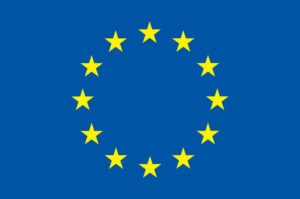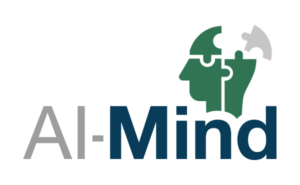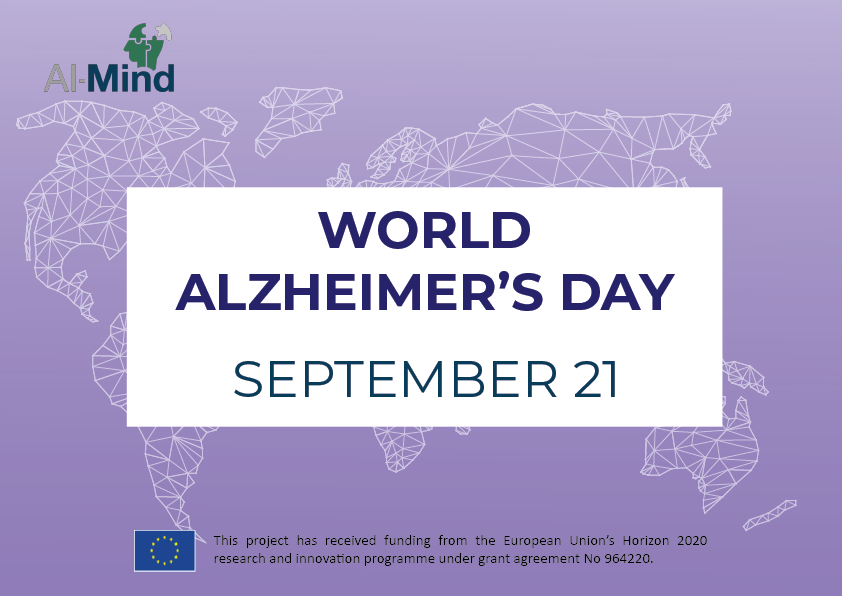Power of knowledge! AI-Mind contributes to World Alzheimer’s Month
September is an exceptional month for Alzheimer’s and dementia associations as well as researchers addressing the challenge of dementia. It is the #WorldAlzMonth! All those involved in the treatment, care and support of people living with dementia come together to raise awareness and challenge the stigma. The AI-Mind consortium is proudly joining the choir under this year’s theme “Power of Knowledge” and shares more insights from the project.
On 21 September, we mark #WorldAlzheimersDay with a few activities:
- Closing the AI-Mind educational and awareness-raising campaign. #KnowDementia
- The AI-Mind executive board meeting with a special session dedicated to #World Alzheimer’s Day.
- Launch of the interview with Christoffer Hatlestad-Hall on Cambridge Cognition
About the dementia challenge and the AI-Mind approach

Christoffer Hatlestad-Hall
According to the World Health Organization (WHO), dementia affects approximately 55 million people around the globe. Despite the societal and economic burden associated with the disease, there is still a huge gap in our knowledge when it comes to identifying the early stages of its development. Having knowledge of the earliest changes in dementia will help with understanding how to prevent it. With the AI-Mind project, we aim to develop two artificial intelligence (AI)-based tools for dementia prevention. Christoffer Hatlestad-Hall, a member of the research group at the Department of Neurology, Oslo University Hospital, Norway and co-founder of the medical technology start-up BrainSymph AS takes us through the research procedures of the AI-Mind study which establishes the fundaments for further development of algorithms that will feed AI-Mind tools.
About the AI-Mind study
To get enrolled in the AI-Mind study, each person goes through the two steps screening inclusion process: pre-(self-) screening and professional screening. People who report mild memory impairment symptoms through a screening questionnaire in the first step are then invited for the second step. The study entails four visits over two years. At each visit, the participants undergo an electroencephalography (EEG) session and cognitive testing with the CANTABTM software on iPads. In addition to the EEG and cognitive data, in AI-Mind our researchers collect a blood sample at the first visit and from two of our clinical sites (HUH and UCM), additional magnetoencephalography measures (MEG).
In the interview given to Cambridge Cognition, a leading neuroscience technology company optimising the assessment of cognition, Christoffer Hatlestad-Hall described the importance of the AI-Mind project and the role of the AI-Mind clinical study in the research.
You can read the article under this link:


